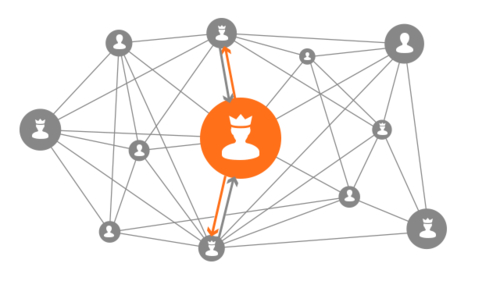These last days, I got a lot of odd reactions from people when I told them I about frugal innovation. “Frugal, what is that?” I understand these people of course, because I would have said the same a few weeks ago. Frugal innovation is just something that is not known at all when you ask outside of the circle of people with experience in innovation or product development. But if you ask people inside this circle, they can be very enthusiastic about this concept. Innovators will tell you that frugal innovation is the future, but is it really that promising?
First off, a business model basically needs two things to be successful; a great enough amount of customers and enough profit for the company that produces the product or service. To analyse these, let me start by giving the definition of frugal innovation as given by Professor Cees van Beers: Frugal innovations are innovations with reduced complexity and costs aimed at serving the needs of the four billion people that have to live from less than $2 a day. This directly addresses the requirement of potential customers, since frugal innovations are targeted at four billion people. But is there profit to be found in innovating in a frugal way? Many companies are still hesitant about this, but it is unneeded to feel this way. There are actually lots of opportunities for frugal innovation to amount to a good profit. For example, the introduction of small frugal innovations to unorganized markets in third world countries could help transform it into organized, fragmented markets. These markets have an opportunity to supply products for much lower prices than nowadays. This also provides companies with a chance at getting in these markets, and thus opening a whole new sector in different countries.

So in the end, innovating frugally seems to be the way to go for the future. The business model exists and is profitable, which is a huge boost for companies to start simplifying their innovations. Also, there exists an expectation among customers of companies that they take responsibility and start innovation frugally. Go frugal or go home!


